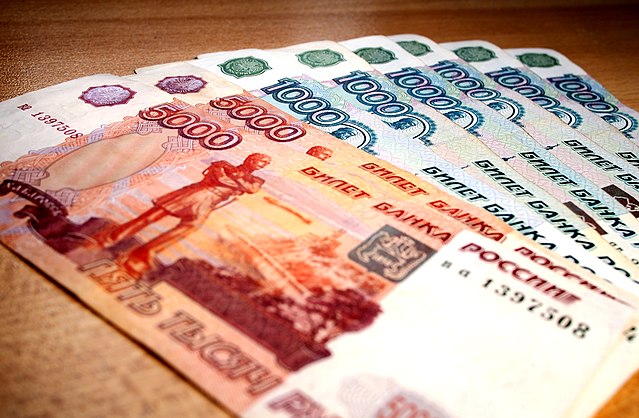
Event Recap: Bear-ing down: Geopolitical Implications of Russian Sanctions
On Wednesday, April 6, the American Security Project hosted an event entitled “Bear-ing down: Geopolitical Implications of Russian Sanctions.” Dr. Louise Shelley, a professor in the Schar School of Policy and Government at George Mason University; Juan Zarate, the global co-managing partner and chief strategy officer at K2 Integrity and the former assistant secretary of the treasury for terrorist financing and financial crimes; Mandeep Walia, Chief Compliance and Risk Officer of Circle Internet Financial; and ASP CEO Patrick Costello discussed the geopolitical effects of sanctions on Russia’s economy.
The conversation began with assessing the unprecedented size and scope of the sanctions imposed on Russia in response to their invasion of Ukraine—measures targeting the Russian central bank, Russian sovereign debt, Russian financial institutions, as well as trade sanctions. While the measures are aggressive and unprecedented, Mr. Zarate cautioned that it’s too much to ask of sanctions to stop the ongoing invasion, but they may still temper future Russian adventurism. These are economic measures intended to alter a political calculation. Dr. Shelley also reiterated the importance of freezing the oligarchs’ assets so that Putin can’t force them to help meet Russian debt or circumvent sanctions.
There is also a concern that Russians might use crypto currency loopholes to evade the costs of sanctions. Mandeep Walia highlighted the criminal disadvantages of transparent currency platforms, but added that there is always an inherent risk that bad actors will try to exploit new technology, while Dr. Shelley asserted the high probability that Putin’s cronies will use digital assets and crypto to hide their funds in spite of block chain compliance, attribution, and traceability.
Costello then drew attention to the global financial ripple effects from targeting a large economy and petropower such as Russia. Mr. Zarate isolated three challenges: how not to fundamentally harm the U.S. economy, how not to destroy the international financial system, and how maintain coalition cohesion and insulate European economies who currently depend on Russia’s oil and gas. This invasion will also have long-term economic consequences for Russia. Dr. Shelley argued that this will accelerate trends toward renewable energy as nations seek to escape from dependencies on Russia. Dr. Shelley also noted that reduced revenue from Russia’s diminished capacity to leverage its hydrocarbon resources will complicate how Russia deals with challenges associated with climate change—due to melting permafrost, Russia will experience significant infrastructure deterioration and cities and towns across their north and northeast will literally sink into earth.
In the near term, Mr. Zarate predicted the onset of sovereign defaults now that new sanctions have halted dollar debt payments from Russian state accounts, which will force Moscow to drain its dollar reserves to pay bond investors. From Mr. Zarate’s perspective, Russia’s long-term obstacle will be attracting investment even if sanctions are repealed. The reputational risk of investing in Russia alone will debilitate its economy long after Putin’s marauding ends.





